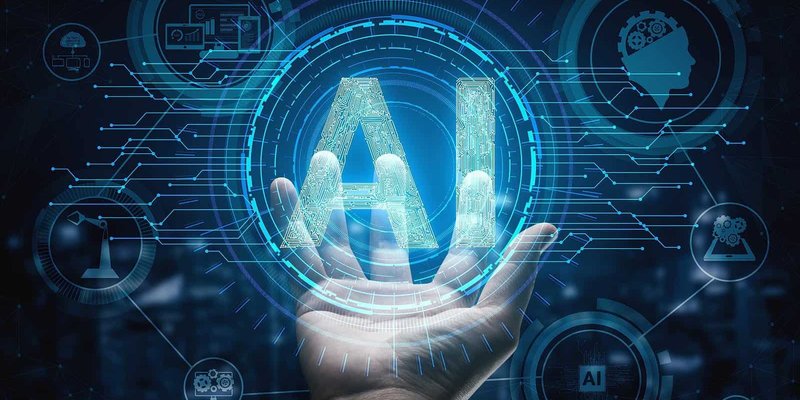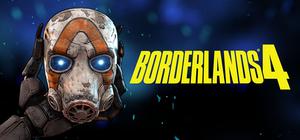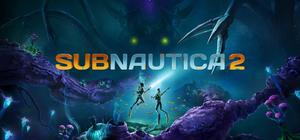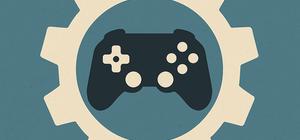The AI Revolution is Here, and It's Loading a Saved Game We Might Not Recognize
Let’s get one thing straight: AI in gaming isn't new. It’s been the ghost in the machine for decades, dictating the clumsy pathfinding of a zombie horde or the frustratingly perfect rubber-banding of a rival racer. But the AI we’re talking about now-Generative AI and advanced Machine Learning-is a different beast entirely. This isn't just about smarter enemies; it's a fundamental rewiring of how games are made and played. The industry is betting the farm on this technology as a paradigm-shifting tool, while developers, artists, and gamers are watching with a mix of awe and anxiety. The promise is a golden age of innovation; the risk is a creative dark age of soulless, automated content. This is the new boss battle for the soul of gaming, and it’s a double-edged sword.
The Innovation Engine: A Developer's Ultimate Power-Up?
On paper, the benefits of AI are hard to argue with. For developers, it’s being sold as the ultimate tool to streamline the notoriously grueling process of game creation, promising to make development faster, bigger, and more dynamic. The goal is to escape what the industry calls "development hell," but whether that escape pod is for everyone remains to be seen.
Hyper-Efficient Asset Creation and Workflows
The most immediate impact of AI is in its ability to automate grunt work. Think of the thousands of hours spent creating simple environmental assets, debugging code, or animating background characters. AI tools can now generate textures, concept art, and even 3D models from simple text prompts, providing a rapid-fire way to prototype and iterate. Companies like Activision Blizzard are already leveraging AI to speed up their pipelines. This could empower smaller teams to build worlds that were previously only possible for AAA studios. The big question, of course, is whether these efficiency gains will lead to less crunch for developers or just higher profit margins for publishers.
Procedural Content Generation on Steroids
We’ve seen procedurally generated worlds before in games like No Man's Sky, but modern AI promises something far more sophisticated. Instead of just stitching together pre-made assets in random configurations, AI can learn from player behavior to create environments, quests, and scenarios that are genuinely responsive and unique. Imagine a world that doesn’t just feel vast, but alive-one that evolves based on your actions, ensuring no two playthroughs are ever the same. This isn't just replayability; it's the foundation for truly emergent narratives, a long-held dream for game designers.
The Dawn of Intelligent NPCs
For too long, Non-Player Characters have been little more than talking vending machines, stuck in rigid dialogue loops. Frankly, the technology has been stagnant. New AI models, like those showcased by Nvidia, are changing that. We're on the cusp of NPCs who can hold dynamic, unscripted conversations, remember your past interactions, and react believably to the world around them. The potential for immersive role-playing is staggering. Having a conversation with an NPC that feels authentic, rather than just clicking through a dialogue tree, could fundamentally deepen our connection to game worlds.
The Double-Edged Sword: A Glitch in the System
For every utopian promise of AI-driven efficiency and creativity, there's a dystopian shadow of job losses and creative stagnation. The industry seems to be stuck in a paradoxical loop: celebrating innovation while simultaneously creating instability for the very people who built it. This isn't just a technical challenge; it's an ethical and creative crisis in the making.
Job Displacement and the Devaluation of Human Craft
Let's not mince words. The gaming industry has been rocked by massive layoffs, with over 10,000 jobs lost in 2023 alone. While corporate restructuring is the usual suspect, AI is the ghost at the feast. Reports have revealed that some executives see AI as a direct replacement for human talent. A study highlighted roles like 3D modelers, concept artists, and sound designers as highly vulnerable. The fear isn't just that jobs will be lost, but that the value of human creativity will be degraded. The role of an artist risks shifting from creator to "curator" of AI-generated assets, a prospect many find creatively bankrupt and a terrible entry point for new talent into the industry.
The Threat of Creative Homogenization
Generative AI models learn by analyzing massive datasets of existing work. This creates a huge risk: a future where games start to look, sound, and feel the same. If AI is trained on past successes, it will inevitably spit out derivative, formulaic content, leading to a creative monoculture that stifles true innovation. An AI can replicate a style, but it can't replicate the spark of human experience, emotion, and ingenuity that gives birth to truly groundbreaking games. Over-reliance on these tools could discourage risk-taking, favoring algorithmically approved designs over bold new ideas. And gamers are noticing, with significant community backlash against games perceived as using AI to cut corners.
The Final Boss: Legal and Ethical Quagmires
Beyond the creative and employment risks lies a minefield of unresolved legal issues. The legality of using AI models trained on copyrighted art and code without permission is a ticking time bomb for studios. Furthermore, AI systems that personalize experiences by harvesting player data raise serious privacy concerns. Who owns that data, and how is it being used? These are questions the industry has yet to answer, and they represent a significant liability.
A Choice, Not an Inevitability
The AI revolution is here, and there’s no putting the genie back in the bottle. It offers tools of incredible power that could lead to richer, more dynamic game worlds and free developers from soul-crushing repetitive tasks. But it also threatens to automate creativity, devalue human artists, and lock the industry into a feedback loop of derivative content. The future of gaming depends on the choices we make now. Will we use AI as a collaborator to augment human ingenuity, or as a replacement to cut costs? The industry is at a critical save point. Let’s hope we choose the right path forward, because there’s no loading from a previous save if we get this wrong.






